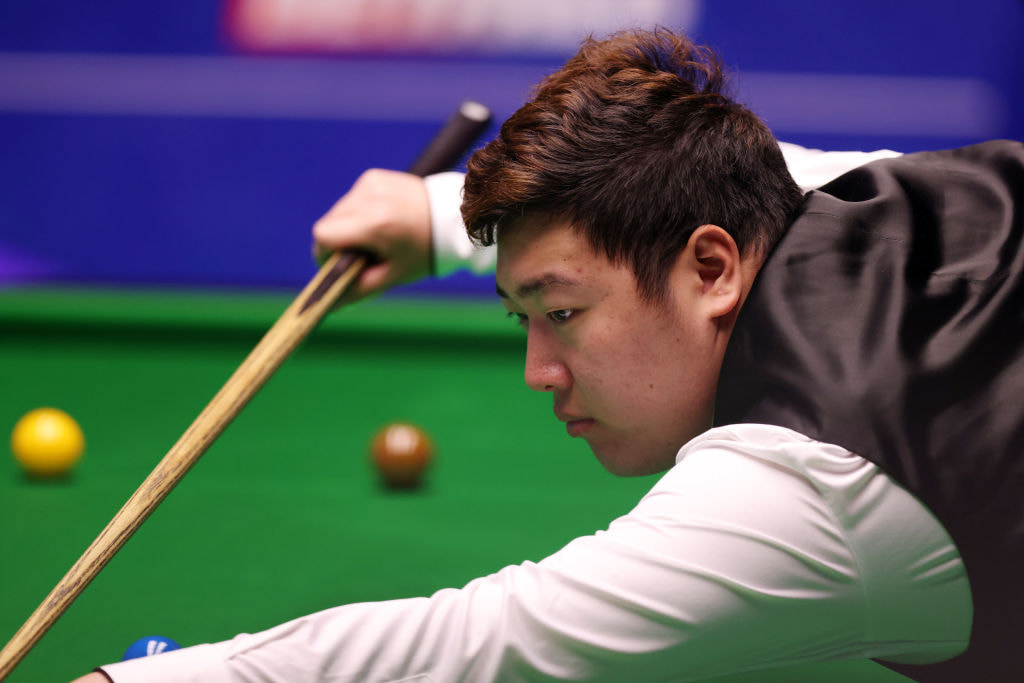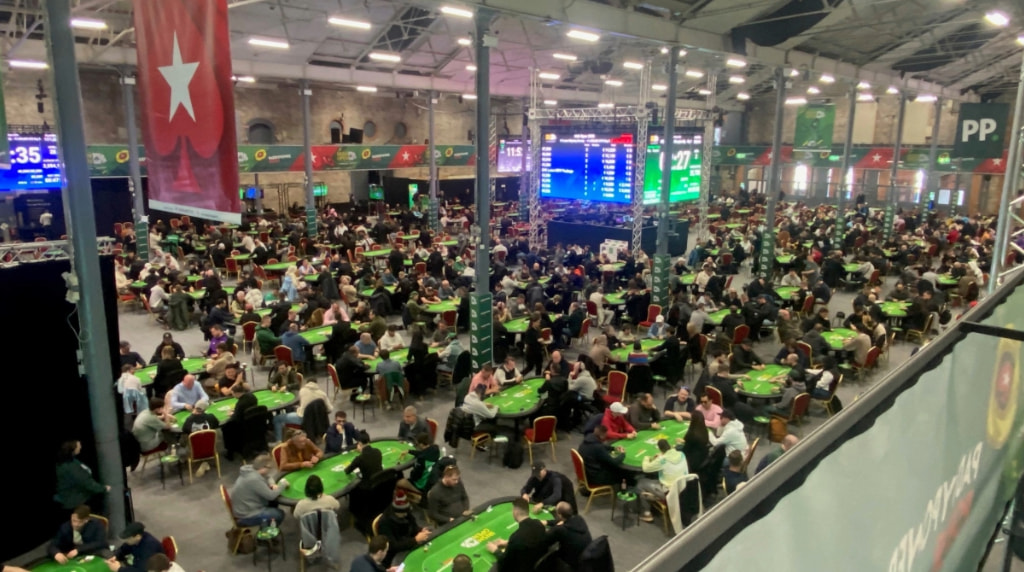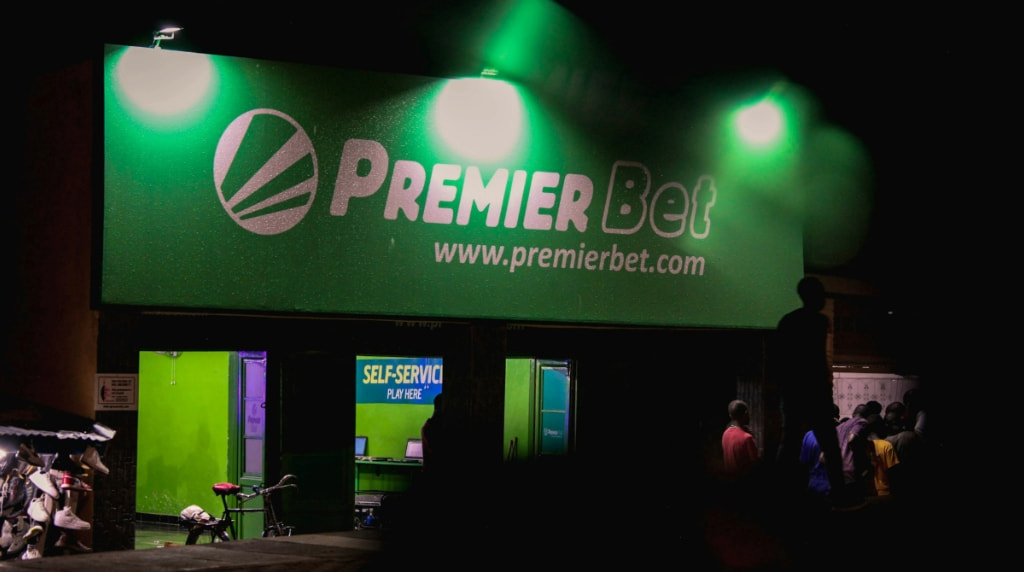Lee Is Back but Many Snooker Match Fixers Remain Banned
On October 13, 2024, snooker player Stephen Lee completed a 12-year ban imposed on him by the World Professional Billiards and Snooker Association (WPBSA). Turning 50 just 24 hours before his suspension ended, many believe the prospect of the five-time ranking winner returning to top-flight snooker is unlikely.
Then again, the former world number five is a member of the fabled ‘Class of 92’ – the collective name given to the group of players that turned professional in 1992. Its members include John Higgins, Ronnie O’Sullivan and Mark Williams. The trio have won over 40 major tournaments since Lee’s ban started.

Following Stephen Lee, Yan Bingtao is the highest-profile snooker player to have received a ban for match-fixing. ©GettyImages
Will Lee attempt to make a comeback, and would the sport embrace his return? Other banned players have been welcomed back into the fold. But, until recently, Lee’s ban was the longest ever imposed on a snooker player. Why was he banned, and who else has been excluded from the sport? Find out here in our guide to rogue snooker players.
Match Fixing Was Not an 80’s Problem
Stephen Lee’s crime, while strenuously denied, was match-fixing. Lee and every snooker match-fixing ban has a common denominator: gambling. However, not every suspected case of match-fixing that has been investigated has resulted in charges or a conviction. Remarkably, only two games played in snooker’s boomtime, the 1980s, came to the attention of authorities.
Both of these games involved South African player Silvino Francisco. The winner of the 1985 British Open raised suspicions when losing 5-1 to Tony Knowles in the following year’s Masters. Three years later, he lost by the same scoreline to Terry Griffiths in another red-flagged match.
With heavy betting on a 5-1 scoreline reported by the UK’s top bookmakers, the police were called in to investigate. Fransico was arrested but released without charge, but by then, his career was already in freefall. He suffered from gambling problems towards the end of his professional career, to the extent of being declared bankrupt in 1996 due to income tax arrears.
Five Years for First Time Francisco
Silvino Francisco’s nephew, Peter, was the first player to be banned by the sport for match-fixing, albeit the crime was described as “not conducting himself in a manner consistent with his status as a professional sportsman.” The fateful game was a last-32 round of the 1995 World Championship against Jimmy White.
Such was the weight of money on a 10-2 scoreline in favour of White; betting had been suspended on the match six hours before it had begun, and the price on the outcome had shrunk from 9/1 into 7/4. Silvino received a five-year ban – five times greater than the previous record ban (on Alex Higgins for punching an official and threatening to have a rival shot).
Hann’s Sun Sting Leads to Eight Years
In 2006, Australian Quinten Hann was found in breach of a WPBSA rule that stated: “A member shall not directly or indirectly solicit, attempt to solicit or accept any payment or any form of remuneration of benefit in exchange for influencing the outcome of any game of snooker or billiards,” and was banned for eight years.
The former world number 14 came to the authorities’ attention following a Sun newspaper story that alleged that Hann agreed to lose his opening match against Ken Doherty at the China Open. Transcripts of video and audio footage of meetings between Hann – who was seeking £50,000 for the ‘story’ – and undercover Sun journalists sealed his fate.
2008 a Busy Year for Prolific Lee
February 2008 into April 2009 was, allegedly, Stephen Lee’s most prolific match-fixing period. During this time, he lost matches to Neil Robertson (1-5), Ken Doherty (2-4), Marco Fu (1-5), Mark Selby (1-5) and Ryan Day (4-10 in the World Championship). It is claimed he also manufactured winning scorelines against Stephen Hendry (9-7) and Mark King (9-5) in the UK Open.
In other noteworthy 2008 matches, Peter Ebdon was Investigated by the Gambling Commission over suspicious betting patterns involving his 5-0 loss to Liang Wenbo in the Northern Ireland Open. Furthermore, Jamie Burnett and Stephen Maguire were arrested and questioned about their UK Championship match (won 9-3 by Burnett) but later released without charge.
Subsequent players investigated by the WPBSA over suspicious betting patterns, without charges being brought, include Jimmy Michie and Marcus Campbell following two matches played at the 2011 Shoot-Out. Thepchaiya Un-Nooh was questioned after a 4-0 loss to Steve Davis in a minor 2012 competition. Thailand’s Passakorn Suwannawat 4-5 loss to Egypt’s Mohamed Khairy in 2013’s Shanghai Masters was also probed.
John John and Jones Banned
Fifty-eight successful bets placed in 44 minutes (staking €18,000 to win €55,000) convinced investigators that Irish amateur snooker player John Sutton had deliberately lost 6-0 to Jamie Burnett in a 2014 International Championship qualifying match. The crime earned him a six-year ban.
In February 2019, two Welsh snooker players were banned following a corruption inquiry. David John, once ranked 68 in the world, was suspended for five years and seven months and ordered to pay £17,000 in costs after he admitted to fixing two matches. Jamie Jones was banned for one year after failing to report a corrupt approach.
The WPBSA Disciplinary Committee cleared Jones of fixing a match between John and Graeme Dott in 2016, which John lost 6-1. John would lose a second ‘red-flag’ match to Joe Perry 5-0 in January 2017.
Thai Thanawat Loses to Nil
Meanwhile, it took three investigations – the last coming in 2022 – before Thailand’s Thanawat Thirapongpaiboon came clean over six fixed matches, which he played over two years starting in 2013. His forte was losing by a whitewash scoreline. When not losing ‘to nil’, he took a 1-5 loss to Noppon Saengkham and 2-4 to Martin O’Donnell
Thirapongpaiboon was banned for nine years, reduced to six for his “guilty” plea. During that period, he was unconditionally ordered to serve two years and nine months of his ban, with the remaining three years and three months suspended. He must assist the WPBSA in its anti-corruption work, and his ban expires on March 14 2025.
For the first time, an investigation led by the WPBSA Integrity Unit and supported by Sportradar and the UK Gambling Commission’s Sports Betting Intelligence Unit resulted in China’s Yu Delu being banned for ten years and nine months.
Found guilty of breaching Rule 2.1.2.1 of the WPBSA Members Rule and Regulations by accepting payment to fix the outcome of matches – five in total, two of which he won 4-3 – Yu Delu can conceivably return to the sport in February 2029.
The Chinese Ten in Biggest Fix
Despite the shock and horror involved with periodic accusations and occasional bans over three decades, nothing could have prepared snooker fans for the fallout from bombshell enquiries conducted between October 2022 and January 2023.
Amid the most considerable match-fixing investigation in the sport’s history, the WPBSA suspended ten Chinese players: Liang Wenbo, Li Hang, Lu Ning, Yan Bingtao, Zhao Xintong, Zhao Jianbo, Chang Bingyu, Bai Langning, Chen Zifan and Zhang Jiankang. Match-fixing charges were subsequently brought against all of them.
The cases were heard by an independent disciplinary tribunal in June 2023 when all ten players were successfully prosecuted on various match-fixing charges in 20 of 24 ‘red flag’ matches. All were given significant bans. Ringleaders Liang Wenbo (2016 English Open winner and formerly world-ranked 11) and Li Hang received lifetime exclusions.
Teenaged Star’s Fall From Grace
The highest profile player embroiled in the web was Yan Bingtao. The star was just 16 when he lost his first fixed match – losing 4-1 to Dominic Dale in the last 16 stage of the 2016 Paul Hunter Classic. 2022 losses to Ricky Walden (2-4), Oliver Lines (4-5) and Jordan Brown (3-4) when a solid favourite were among the matches authorities looked at.
As a teenager, Yan Bingtao won the 2019 Riga Masters. He later took the 2021 Masters (a triple crown event). With over 150 century breaks and victories over every top player, many predicted he was a World Champion in waiting. The 24-year-old now faces the prospect of spending his best years on the sidelines.
Bingtao was given a seven-year and six-month suspension that was reduced to five years following early admissions and a guilty plea. He was also ordered to pay £7,500 in costs. However, the Chinese Billiards and Snooker Association stepped in weeks after his sentencing to up his ban to the original seven and a half years.
The shortest ban issued by the WPBSA for this case was the two-year and six-month suspension given to the 2021 UK Championship winner, Zhao Xintong. It was reduced following early admissions and his plea of guilty to one year and eight months. Once again, the Chinese Billiards and Snooker Association increased his punishment, meaning he cannot return until July 2025.
Suspended King Now Under Suspicion
Since the Chinese betting ring was cracked, only one match has officially been examined for irregularities. Mark King was suspended with immediate effect on March 18 2023, following irregular betting patterns reported by online gambling sites to the WPBSA on his match against Joe Perry in the opening round of the Welsh Open a month earlier.
The 50-year-old veteran with over 30 years of experience on the tour – reaching a world ranking of 11 and winning the 2016 Northern Ireland Open – lost 4-0 in the match broadcast live on Eurosport. Its highlights can now be watched on YouTube. “He missed that by a mile,” was one of the commentator’s opening statements – referring to an early Mark King miss – and it became a familiar phrase as the game progressed. King squandered a 47-point lead in the game’s second frame and produced 15 or more suspicious shots during the match.



